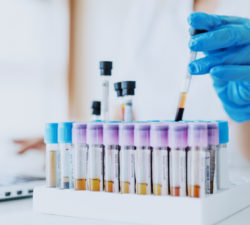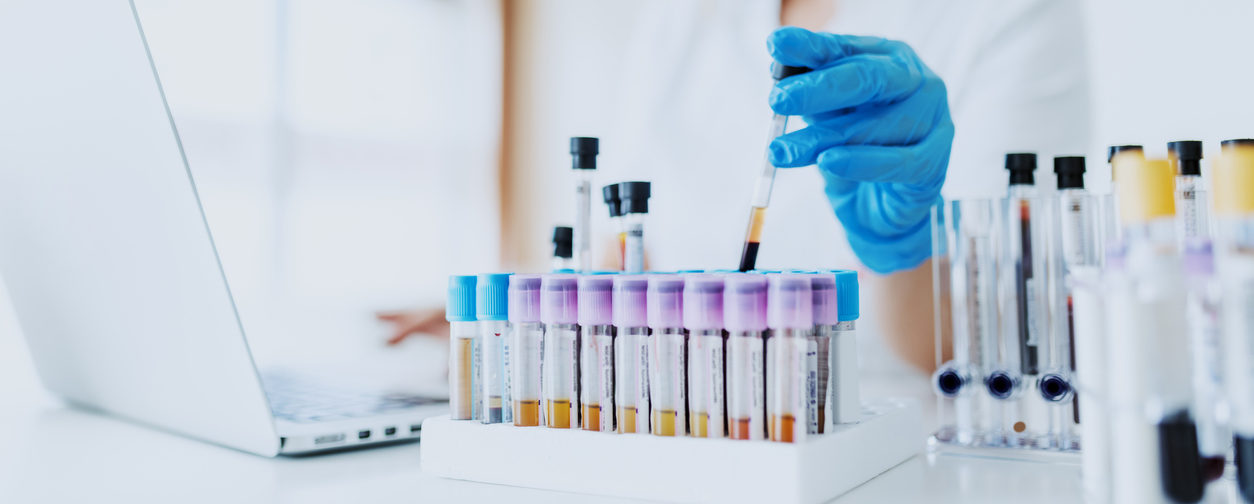Life sciences giant Bayer is using the latest technology to drive change in three very distinct areas of its business: agriculture, pharma, and personal healthcare. Training and developing a new breed of leader is paramount to success, Sarena Lin, the company’s Chief Transformation and Talent Officer, tells Misiek Piskorski
Digital transformation has been a company-wide exercise for many large companies for years. But Bayer, the German life sciences company, is taking a unique approach to each of the company’s three main divisions of pharma, crop science, and consumer health.
That’s because the needs of the end customers in each of the three divisions is different.
Crop science
Farmers who were previously sold seeds, fertilizers, and pesticides now need data-driven insights to help them cultivate crops more efficiently. This means moving into software and data.
“Ultimately, if you think about what science tries to do, it’s really driving much better efficiency,…


